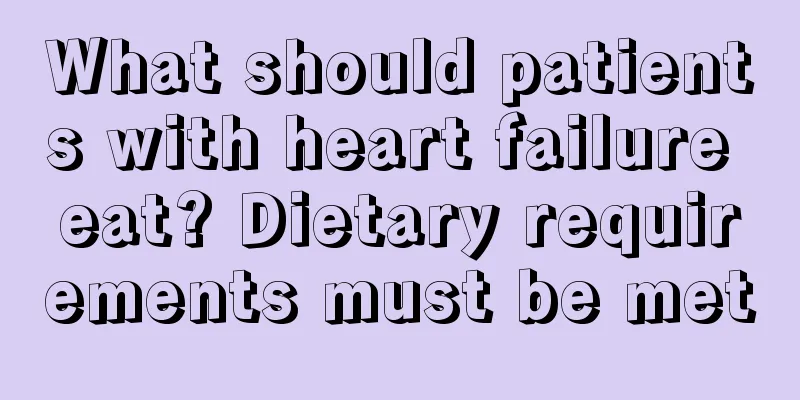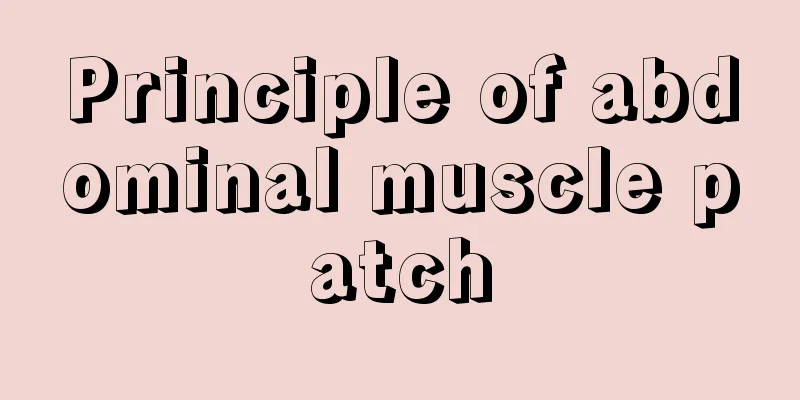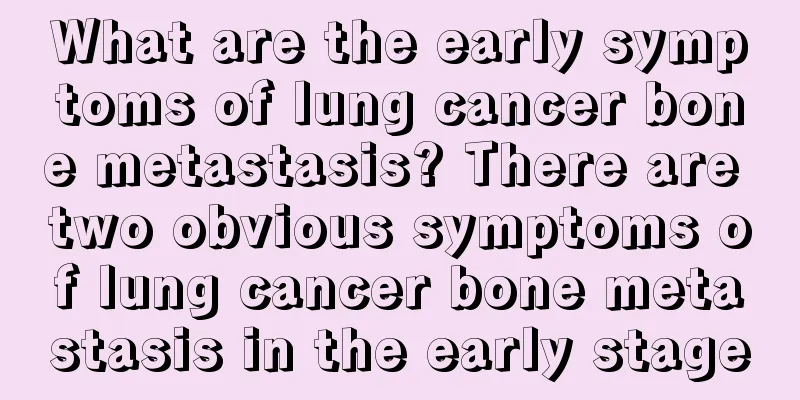What should patients with heart failure eat? Dietary requirements must be met

|
While treating heart failure, you should also pay attention to your daily diet and health care. You should increase nutrition in your diet, eat small meals frequently, and easily digestible foods are the first choice. You should also limit your sodium salt intake and supplement with enough vitamins in a timely manner. (1) Eat small meals frequently. Patients with heart disease should not eat too much. The total daily energy should be consumed in 4 to 5 times to reduce excessive gastrointestinal fullness and diaphragm elevation after meals, and avoid increased cardiac workload. Dinner should be eaten early and should be light. Do not eat or drink much other food or water after dinner. (2) Limit sodium salt. This is a more appropriate approach to controlling heart failure. In order to reduce edema, salt intake should be limited to about 3 grams per day. (3) Appropriately limit the intake of protein and calories. In heart failure, daily protein intake can be controlled at 25-30 grams, with 600 kcal of heat energy; after 2-3 days, protein intake can be increased to 40-50 grams, with 1000-1500 kcal of heat energy. After the condition improves, gradually increase the amount of protein (protein foods) and calories, but not too high to avoid increasing the burden on the heart. (4) Eat food that is easy to digest. Heart disease patients have decreased blood circulation, gastrointestinal congestion and edema, which affect the digestion and absorption of food. Therefore, the food consumed should be easily digestible. You can start with liquid or semi-liquid diet, and then switch to soft rice. (5) Adequate vitamins and appropriate amounts of inorganic salts, such as vitamin B1 and vitamin C (vitamin foods), should be supplied to protect the myocardium. Supply appropriate amounts of calcium (calcium foods) to maintain normal myocardial activity. Potassium has a protective effect on the heart, and its deficiency can cause arrhythmia. When using diuretics, in addition to potassium supplementation, you should also pay attention to the supply of magnesium and zinc. Warm reminder: Heart failure refers to a pathological state in which heart function changes and the amount of blood pumped out by the heart cannot meet the metabolic needs of the body's tissues. The principle of nutritional treatment is mainly to eat small meals frequently and make food easy to digest to reduce the burden on the heart, and to limit sodium salt to prevent edema and protect the heart. |
<<: What should I do if I have dry mouth and frequent urination? Tips for treating dry mouth
>>: What are the symptoms of avian flu?
Recommend
Can I do cupping on my neck?
Cupping is actually a common method of body condi...
Is advanced liver cancer contagious? Three symptoms of advanced liver cancer are very common
When liver cancer patients reach the terminal sta...
My waist hurts when I lie down to sleep at night
The form of low back pain that occurs in each per...
What should I do if my teeth feel sore after filling?
Many people have tooth decay. Some people are bor...
How much does it cost to treat advanced liver cancer? Detailed description of the cost of treating advanced liver cancer
The cost of treatment for advanced liver cancer. ...
How much does it cost to treat uterine cancer
Everyone knows that uterine cancer is a malignant...
Hospitals with better esophageal cancer surgery
I believe everyone knows that esophageal cancer i...
Healthy diet for testicular cancer patients
In today's life, diet therapy not only has a ...
How to treat lung cancer most effectively? Five major misunderstandings to avoid in the diagnosis and treatment of lung cancer
Speaking of lung cancer, many friends feel that t...
Common complications of ovarian tumors
The ovaries are the female reproductive system an...
Side effects of diet pills
Quite a lot of people choose to take diet pills w...
Why do mooncakes crack?
Mooncake is a kind of food we eat during the Mid-...
Psychological factors and prevention of stage fright
Stage fright is a psychological phenomenon that e...
Dietary considerations for uterine cancer
When it comes to cancer, many people will sigh, b...
What are the symptoms of chronic atrophic gastritis
If gastritis occurs, there is usually upper abdom...









